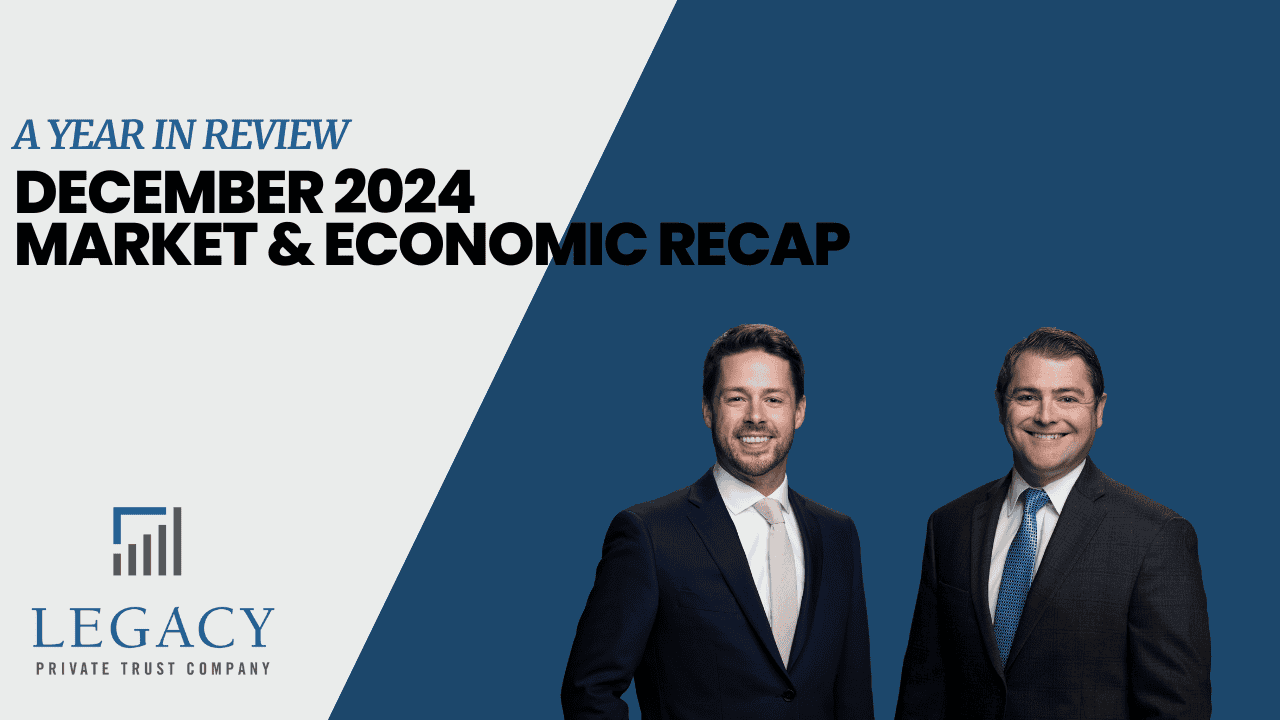When it comes to deciding when to start receiving Social Security benefits, the actuarial perspective suggests that the timing is largely inconsequential. This viewpoint holds that opting to receive benefits earlier results in a lower monthly payment, whereas delaying benefits increases the monthly amount, albeit at the expense of forgoing several years of potential payments. This trade-off is designed to be actuarially neutral for individuals who live up to their expected lifespan. Nonetheless, a recent study conducted by the National Bureau of Economic Research (NBER) titled “Social Security Claiming Intentions: Psychological Ownership, Loss Aversion, and Information Displays” delves deeper, examining the non-mathematical factors that influence this crucial decision.
According to the NBER study, many Americans claim their Social Security benefits before reaching their full retirement age. A contributing factor to this trend is the alarming statistic that 40% of Americans aged 55 to 64 have no retirement savings, necessitating early access to these funds. However, these individuals could potentially enhance their financial security by remaining in the workforce longer. Delaying retirement not only allows for the accrual of additional Social Security taxes, thereby increasing the eventual benefits, but also avoids the reduction in benefits associated with early claiming.
Psychological Factors Influencing Early Social Security Claiming
The research identifies several emotional and psychological factors that influence the decision to claim Social Security benefits early:
- Sense of Ownership: Social Security is a pay-as-you-go system funded by current workers’ payroll taxes. Despite this, the program is often presented as an earned benefit, leading many to feel a strong sense of ownership over their benefits, believing they are directly linked to their contributions. This sense of ownership can drive individuals to claim benefits earlier than their full retirement age.
- Loss Aversion: The principle of loss aversion, where the fear of loss outweighs the potential for gain, is well-documented in financial behavior studies. Among participants in the NBER study, those with a higher tendency towards loss aversion were more likely to start their benefits early, motivated by the desire to minimize the risk of not recovering their contributions.
- Expectations of Longevity: Individuals with longer expected lifespans tended to delay claiming their benefits, likely driven by concerns over outliving their financial resources.
- Information Availability: Providing detailed illustrations of cumulative benefits can significantly impact decision-making. For instance, the study highlighted a scenario where starting benefits at 62 would yield a total of $353,500 by age 85, compared to $402,360 if benefits were delayed until 70. Interestingly, exposure to information highlighting the higher cumulative benefits of delaying claims paradoxically made some participants more inclined to claim early, foregoing the potential for greater financial accumulation.
Despite these insights, it’s essential to recognize that personal, family, and financial circumstances play a pivotal role in determining the optimal time to start receiving Social Security benefits. Each individual’s situation is unique, and the decision when to claim benefits should be made after carefully considering one’s financial health, life expectancy, and personal preferences.
Making an Informed Choice
Navigating the complexities of Social Security can be daunting, but understanding the impact of your claiming age on your overall financial well-being is crucial. By considering both the actuarial balance and the personal factors identified by recent research, individuals can make more informed decisions that align with their long-term retirement goals. Consulting with a financial advisor may provide valuable insights and assistance in evaluating the best timing for claiming Social Security benefits, ensuring a strategy that optimizes financial security in retirement.
If you are a Legacy client and have questions, please do not hesitate to contact your Legacy advisor. If you are not a Legacy client and are interested in learning more about our approach to personalized wealth management, please contact us at 920.967.5020 or connect@lptrust.com.
This newsletter is provided for informational purposes only.
It is not intended as legal, accounting, or financial planning advice.




